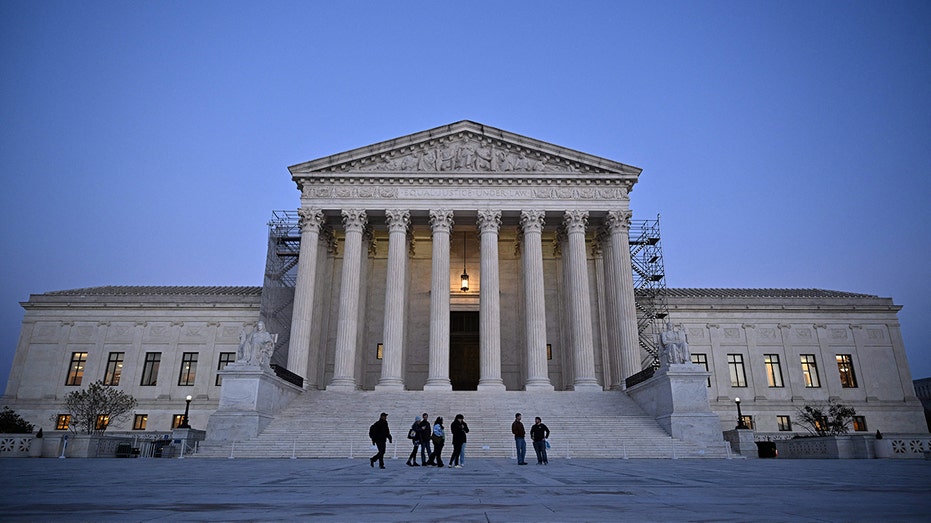The U.S. Supreme Court voted to block a controversial bankruptcy deal for Purdue Pharma, the drug company at the center of the opioid crisis, on Thursday.
The narrow 5-4 ruling rejected a nationwide bankruptcy settlement from proceeding with the company, and it potentially exposes the company’s owners – the Sackler family – to civil consequences.
Purdue Pharma is the creator of OxyCotin and is responsible for proliferating the drug across the U.S.
While the ruling opens the Sackler family up to further consequences, the end of the settlement agreement also further delays compensation for victims of the opioid epidemic.
IRS PENALTIES ON AMERICAN TAXPAYERS SURGED NEARLY 300% LAST YEAR
“From the court overseeing Purdue’s bankruptcy, [the Sacklers] sought and won an order extinguishing vast numbers of existing and potential claims against them. They obtained all this without securing the consent of those affected or placing anything approaching their total assets on the table for their creditors. The question we face is whether the bankruptcy code authorizes a court to issue an order like that,” the court wrote.
SACKLER FAMILY GRANTED IMMUNITY FROM PURDUE OXYCONTIN LAWSUITS
Justice Brett Kavanaugh dissented from the ruling, however, joined by Justices Elena Kagan, Sonia Sotomayor, and Chief Justice John Roberts. Kavanaugh authored the dissent and argued the ruling will cause “chaos” for future large-scale bankruptcy deals.

“Opioid victims and other future victims of mass torts will suffer greatly in the wake of today’s unfortunate and destabilizing decision. Only Congress can fix the chaos that will now ensue. The Court’s decision will lead to too much harm for too many people for Congress to sit by idly without at least carefully studying the issue. I respectfully dissent,” Kavanaugh wrote.
READ THE SUPREME COURT OPINION – APP USERS, CLICK HERE:
Read the full article here











